Individual Therapy Tailored to Your Needs, Honoring Your Unique Story
I offer 50-minute individual therapy sessions tailored to meet your unique needs, with availability Monday–Thursday. Sessions can be held in-person or virtually via a secure, HIPAA-compliant platform, ensuring your privacy and comfort.
In-person sessions take place at my office in Pomona, California — just 4 minutes from downtown Claremont in the Inland Empire. The address is 790 Indigo Court, Unit B, Pomona, CA 91767.
Teletherapy is equally effective and offers added flexibility. It eliminates travel and allows you to attend sessions from the comfort of your own space. Whether you’re balancing work, school, parenting, caregiving, or other responsibilities, virtual sessions make it easier to prioritize your mental health and minimize schedule disruptions.
To get started with teletherapy, all you need is a private space, a reliable WiFi connection, and a device with a camera, such as a laptop, tablet, or phone.
THERAPY THAT’S HONEST,
EMPATHETIC, AND RELATABLE
healing through connection
Are My Therapy Services For You?
Having a loved one with a medical diagnosis, life-altering injury, or disability can disrupt your sense of normalcy and control. The emotional toll of caregiving, navigating medical systems, and adjusting to new dynamics can evoke feelings of grief, fear, guilt, and helplessness. You may find yourself mourning the life you once imagined for yourself and your family while battling emotional exhaustion or burnout. Whether you're a parent, caregiver, partner, spouse, sibling, adult child or close friend impacted by a loved one’s medical condition or disability, I provide therapy that helps you prioritize your well-being. Together, we’ll work through these challenges, rebuild resilience, and create space for your healing.
SUPPORTING YOUR UNIQUE ROLE
-
Balancing caregiving and parenting can feel overwhelming. Meeting the needs of your loved one while parenting other children often leaves you stretched thin, physically and emotionally. The constant demands can lead to burnout, guilt, and frustration when it feels impossible to be "enough" for everyone. Therapy provides a safe space to process these emotions, develop strategies to manage stress, and rediscover balance, so you can care for others without sacrificing your own well-being.
-
A partner’s medical condition can shift relationship dynamics and leave you feeling disconnected or overwhelmed. Balancing caregiving responsibilities with your own needs may strain intimacy and communication. Therapy helps you navigate these changes, offering tools to strengthen your connection, maintain your emotional health, and find balance in your relationship.
-
Caring for a parent who is sick, injured, or aging brings unique emotional and logistical challenges. You may feel torn between wanting to support your parent, managing your own household, and maintaining your personal life. Guilt, anxiety, and fear about their health or future are common, as are feelings of overwhelm or loss. Therapy provides a space to process these emotions, set boundaries, and develop practical strategies to support your parent while also prioritizing your own well-being.
-
As a sibling, you may feel the ripple effects of your loved one’s condition, even if you’re not a primary caregiver. You're in a unique position, and you may feel that your own emotional needs are being overlooked. Guilt, resentment, or grief may arise as you try to balance your own life with the needs of your sibling. Siblings may also struggle with fear or confusion, as they witness the changes in their loved one and in their family dynamic. Therapy offers a space to process these emotions, gain perspective, develop coping strategies, and strengthen your relationship with your sibling and family.
-
Supporting a loved one with a medical condition can leave close friends and relatives feeling helpless or unsure of how to help. The distress of watching a friend or relative go through something difficult can lead to feelings of helplessness, sadness, and even guilt. Balancing your own emotions with the desire to support them may lead to guilt or frustration. Therapy can help you navigate these feelings, providing tools to offer meaningful support while protecting your own well-being.

How to Get Started in Therapy with Me




